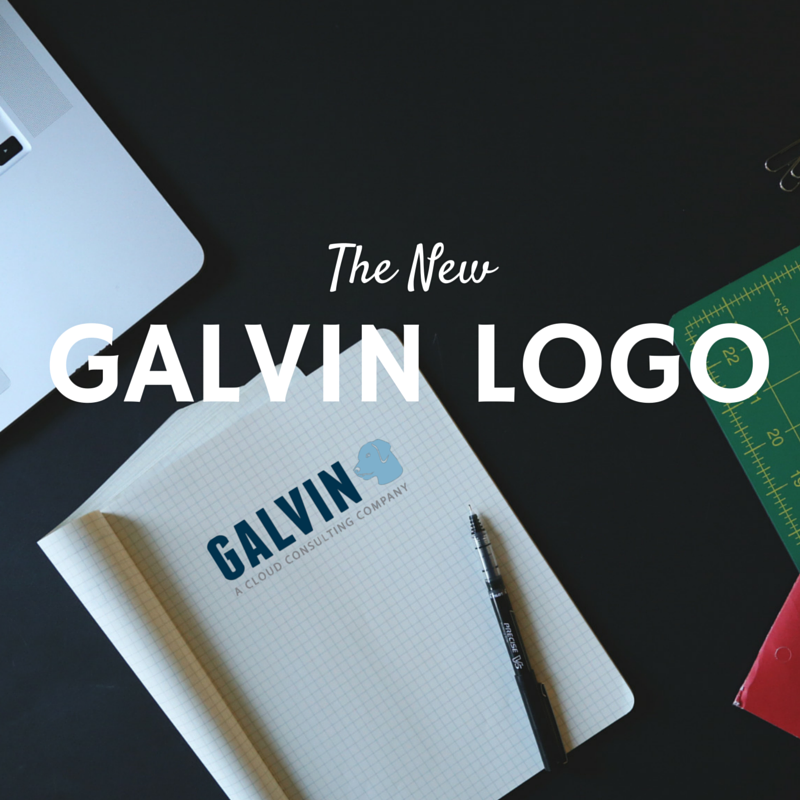5 Relationship Life Lessons, both Romantic and Professional

Human beings are social creatures, the most cognitively-advanced pack animal. We rely on our relationships to provide sustenance for our needs and achieve objectives that we wouldn’t otherwise be able to accomplish for ourselves. We have a lifetime to learn valuable lessons from relationships with others. Following are five life lessons that I’ve found useful and applicable to both romantic and professional relationships.
1. Being Nice vs. Being a Doormat
It is possible to be nice without being a doormat, but the line is sometimes difficult to see. When you are too nice, putting your romantic partner’s needs ahead of your own all the time, you become a doormat. It’s not even your partner’s fault for stepping on you, because you teach people how to treat you. On the other hand, if you always put your own needs first, you make your partner into a doormat.
Business is not much different. Nearly every business transaction is a relationship, where both parties want their needs to be met. Whether the other party is a client, a vendor, or a job candidate, you need to protect the needs of your company without taking advantage of the other party. If you have a good fit, your company, could be in a relationship with this other party for a long time and a healthy relationship is a balanced relationship with no doormats.
2. Contract vs. Commitment
When a couple first starts to date, their relationship is often non-exclusive, allowing each person the freedom to date other people. Eventually, however, most romantic relationships involve a promise of fidelity: a verbal contract to exclusivity. Unfortunately, this promise/contract tends to be broken if one party feels that he or she was pressured into the contract or, for whatever reason, is not truly committed to it.
Business relationships are very similar. If you, in your negotiating brilliance, manage to convince a potential partner/client/vendor to enter into a contract that strongly favors your side, you’ve trapped your partner in a relationship to which he/she cannot be fully committed. To create a relationship with long-term potential, it is important to secure mutual commitment and write the contract in a way that protects the committed interests of both parties.
3. Instinct vs. Analysis
Before online dating changed the landscape, choosing a romantic partner was more about instinct than analysis. Most of the online dating sites and apps, however, have reversed the sequence, allowing a person to perform an analysis of compatibility before ever engaging his or her instinct. In the end, though, the phone calls and face-to-face dates still happen, allowing instinct to remain a significant part of the selection process.
Balancing instinct with analysis is the key, which holds true in business as well. Nowhere is this demonstrated more than in recruiting, the business equivalent of online dating. The job opening is posted on an internet platform that allows potential candidates to find it in their searches. There are often tools to match the job criteria to profile characteristics of potential candidates, quantifying the process with objective scores. The recruiter enters into initial email and phone conversations with the candidates to assess their fit, narrowing the field to a handful of finalists who qualify for face-to-face meetings. Finally, the recruiter combines instinct and analysis results to make a selection.
4. Partnership vs. Dependence
The concept of partnership is so commonly used to describe healthy romantic relationships that we naturally use the term “partner” as a label for each member of the relationship. We depend on our partners to contribute to our happiness, and to the betterment of the whole, and we let them know that they can depend on us. Sometimes, however, we go too far, finding ourselves so dependent on our partner that he or she begins to take advantage of us.
If the success of your business is dependent upon a particular vendor/employee/client (partner), then your organization’s relationship with that partner has become dependence rather than partnership. This is not to suggest that exclusive partnerships are unhealthy… on the contrary, it is very powerful to tell your partner that you CAN go elsewhere, but that you CHOOSE not to, a situation that continues to build upon mutual contribution, respect, and trust.
5. Me vs. We
Very much related to the Partnership vs. Dependence lesson above, the Me vs. We concept involves maintaining one’s individuality. If you are nothing more than half of a couple, what will you be if that relationship ends? Will you be only half of yourself? While many of us are attracted to the romantic notion of giving our entire selves to our partners, perhaps it would be healthier to simply share, keeping ownership of ourselves while allowing another person to be a full participant.
In our professional lives, who are we if we define ourselves as nothing more than employees of Company X? Who is our company if it is defined as nothing more than the supplier for Customer Y? It is possible to retain our individual identities, and those of our individual companies, while still working together on a global collaborative scale.
At the end of the day, relationships are relationships, and we just need to remember who we are.












